When will it end? Many complain about the need for Apple to bend its back to the will of the EU, but the fact is that many of us will also benefit from it, simply by loosening restrictions, which we would not have otherwise. First of all, it was about supporting cloud gaming apps, now there are game emulators.
If we put cloud gaming side by side through emulators, it's like heaven and bagpipes, that's how different it is. If gaming in the cloud is the future, then emulators are the past. And that's quite far away. But now we will be able to enjoy them on iOS as well. Apple has again changed the rules of its App Store and is now allowing applications that are used to emulate games into it.
The company probably did this due to pressure from regulatory authorities around the world, however, of course, this all stems from opening iPhones to sideloading, which happened with iOS 17.4. Emulators will be available for iPhones not only within the App Store, where the company will still have some control over them, but you can also get them through an alternative distribution.
Of course, it cannot be judged that it will be an extra hit, on the other hand, there is a large community of players who simply prefer the old titles to the new ones, so they will surely take this opportunity for granted. It's a bit of a paradox when you want to play such games from years long ago (70s, 80s, 90s) on a device with such performance.
It could be interest you
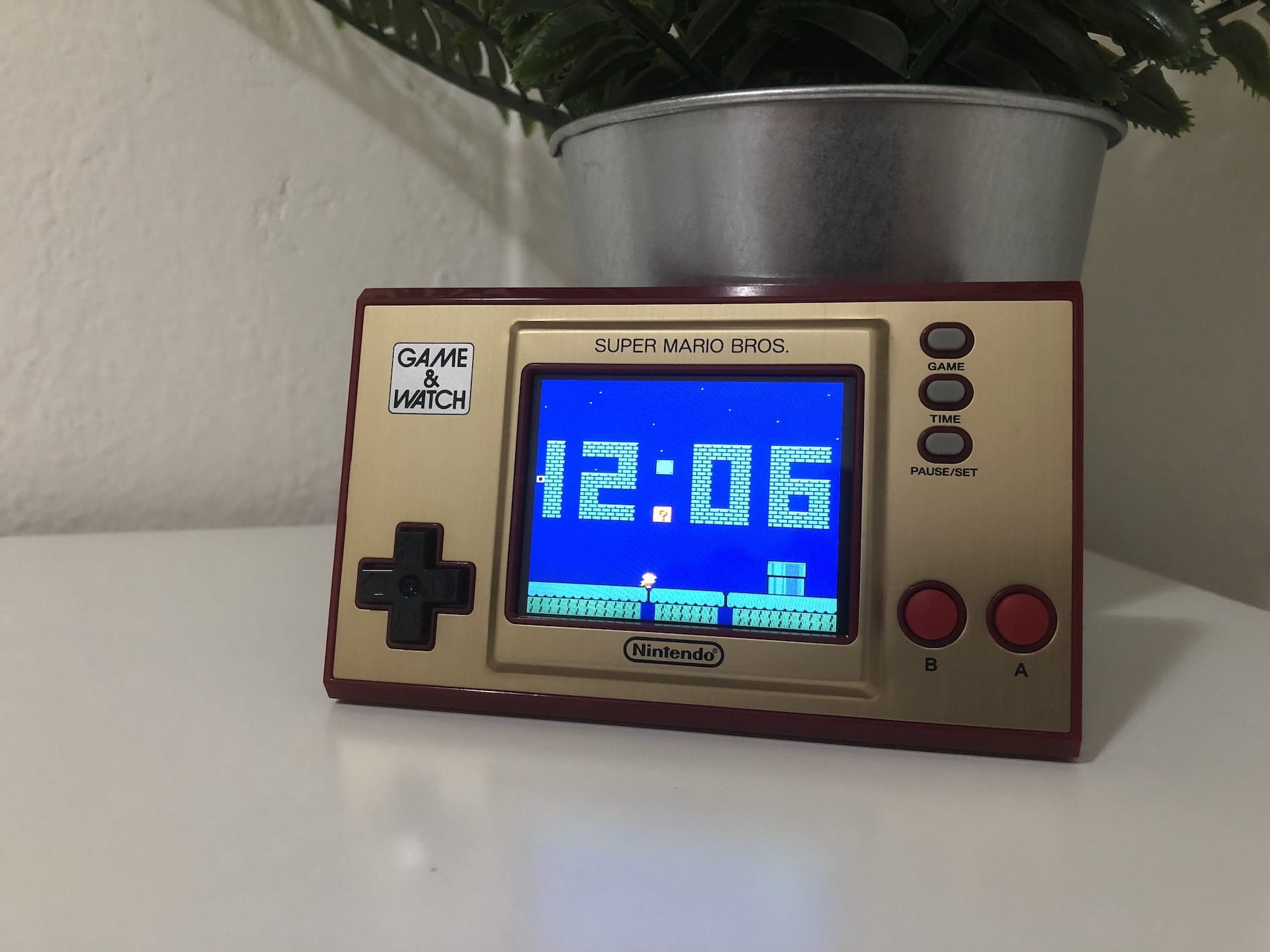
Emulators as a dirty word
Retro games simply drag in today's over-technological world. In the App Store you will find many reincarnations of them, but of course in modern coats with many modifications. But an emulator is typically a program that imitates another program. For example, a Game Boy emulator of course emulates a Game Boy and can thus also play compatible games intended for this console on the given device it runs on - that means, now officially, an iPhone as well. But this is just a program optimizing your device. The second half of emulators are so-called ROMs. In this case, it is already a given version of the game, which is necessary to play it. So you can think of an emulator as a digital console, while a ROM is a digital game.
But Apple banned them because they strongly flirt with piracy. While the emulator itself is actually fine, the games themselves are not. These programs and games are often illegal copies, so downloading and using them actually makes you a pirate, and Apple just didn't want that. Not all content has to be bound by legal restrictions, but it is very likely. In order for everything to be legal, you would have to own the ROM yourself and make a digital copy of it, which you then upload to the emulator.
The second fact that bothered Apple until now was that it was actually an alternative channel distributing content to its iOS platform. However, this already happened with iOS 17.4, and so Apple also gave up on some protection of the rights holder and is already allowing emulators as a whole into their system. How to deal with it is entirely up to him.
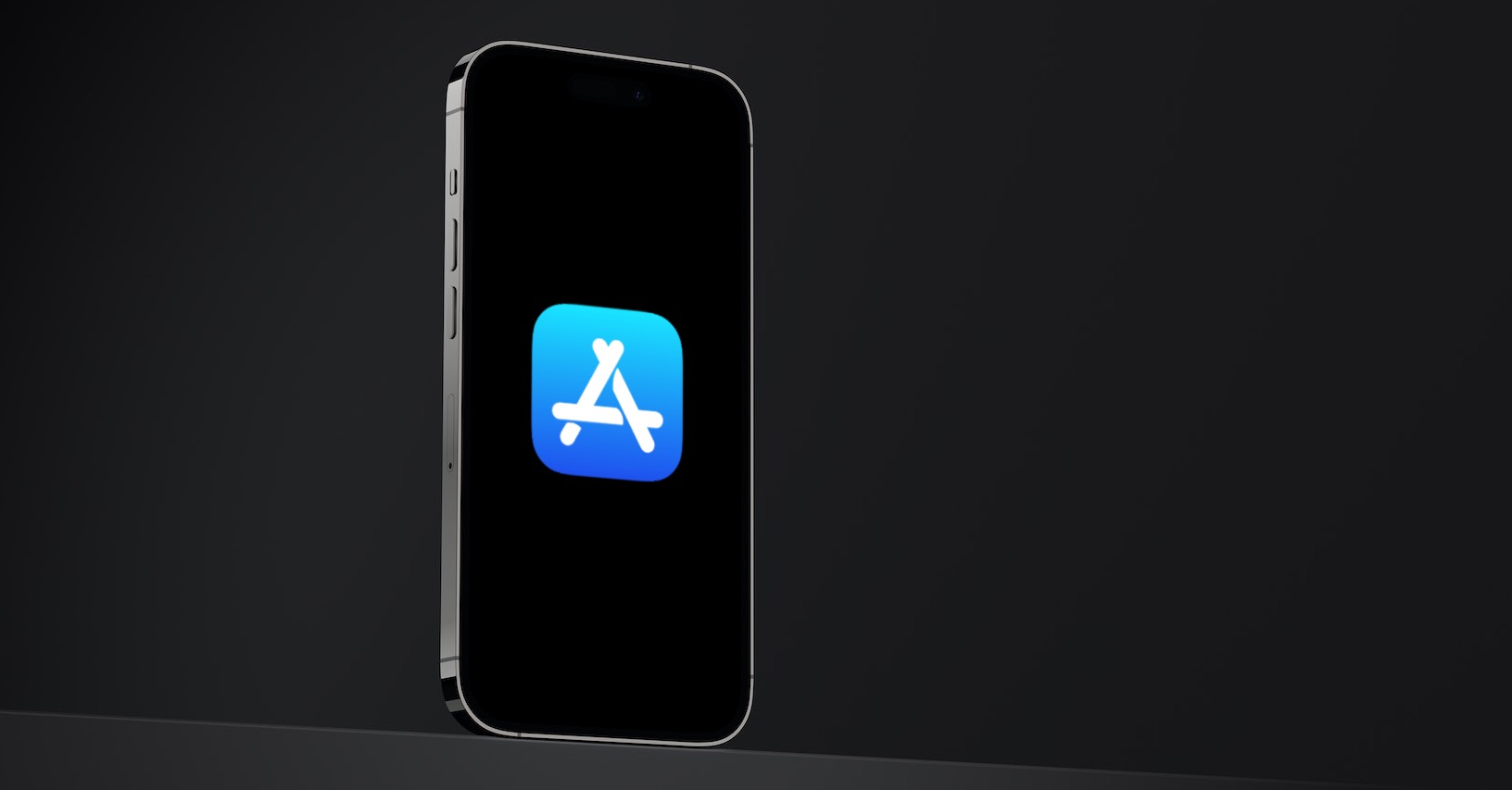
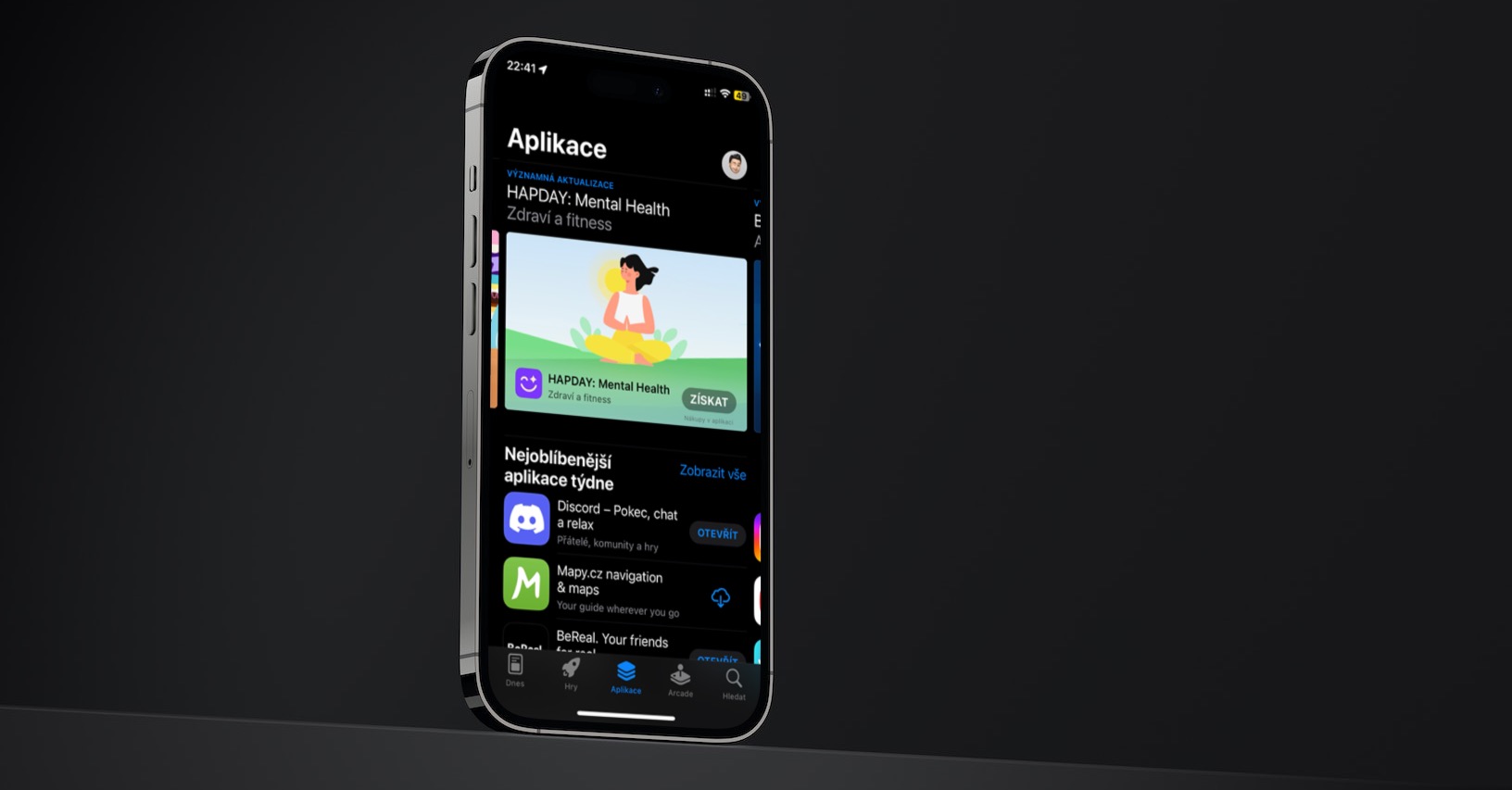
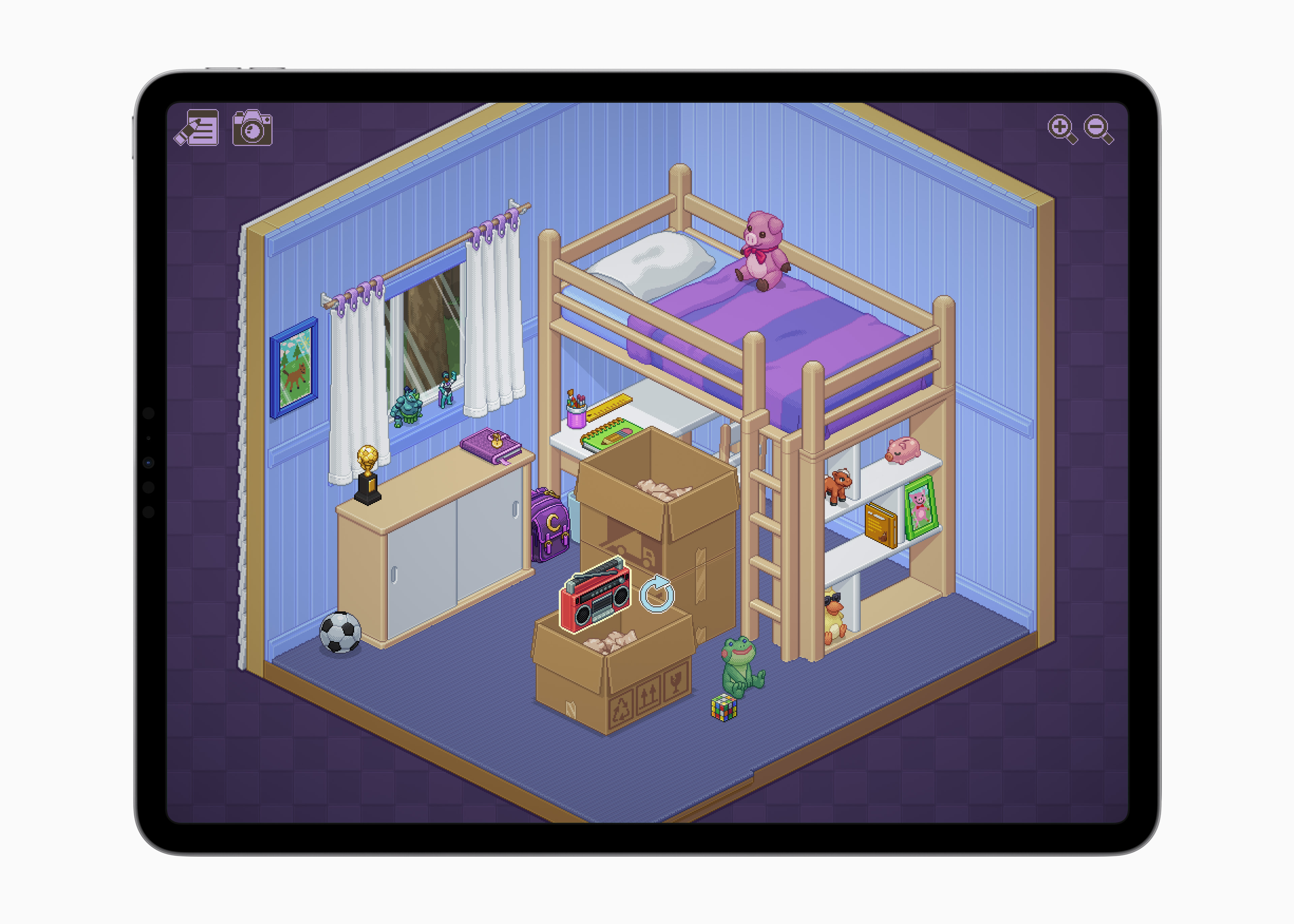
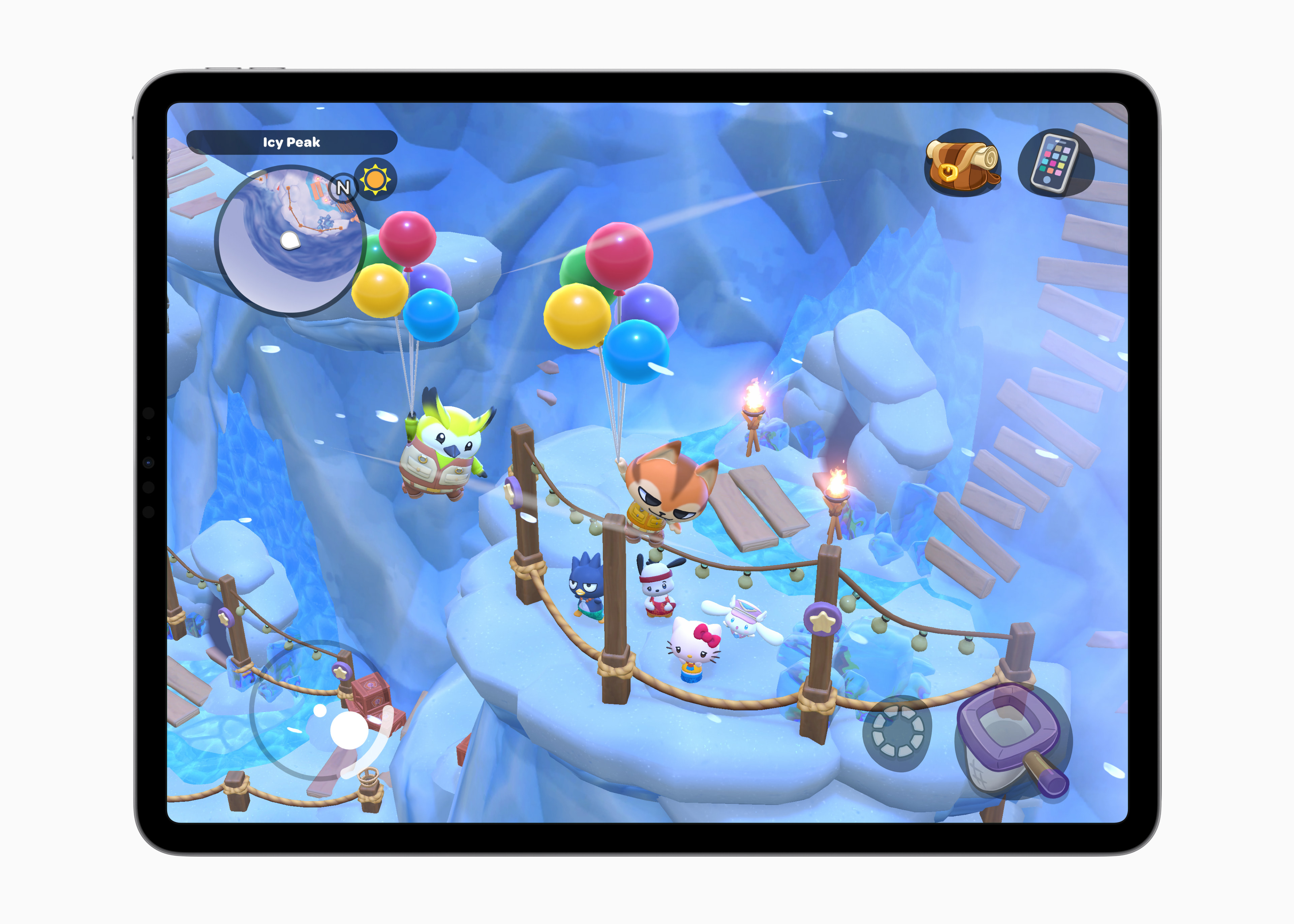
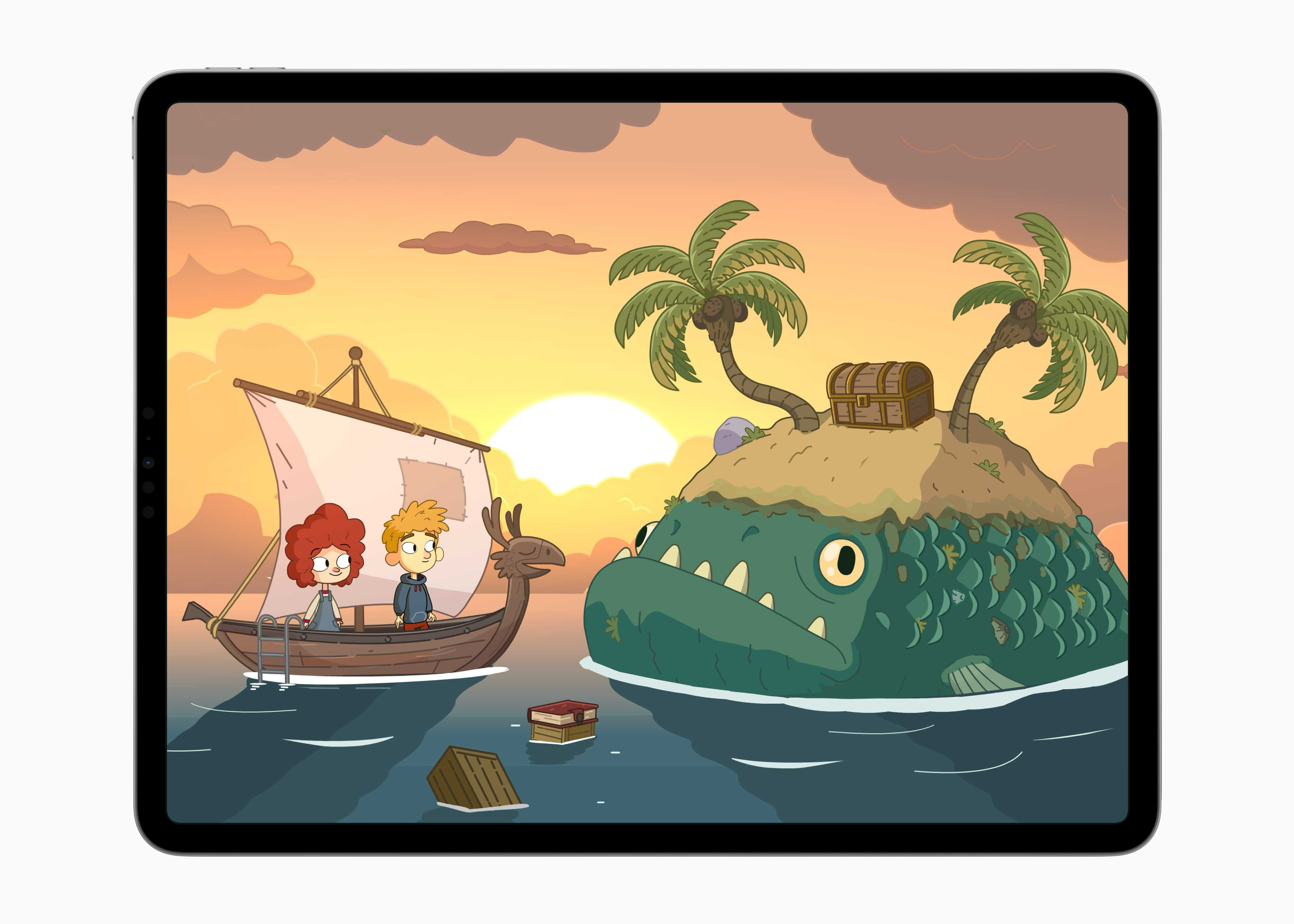
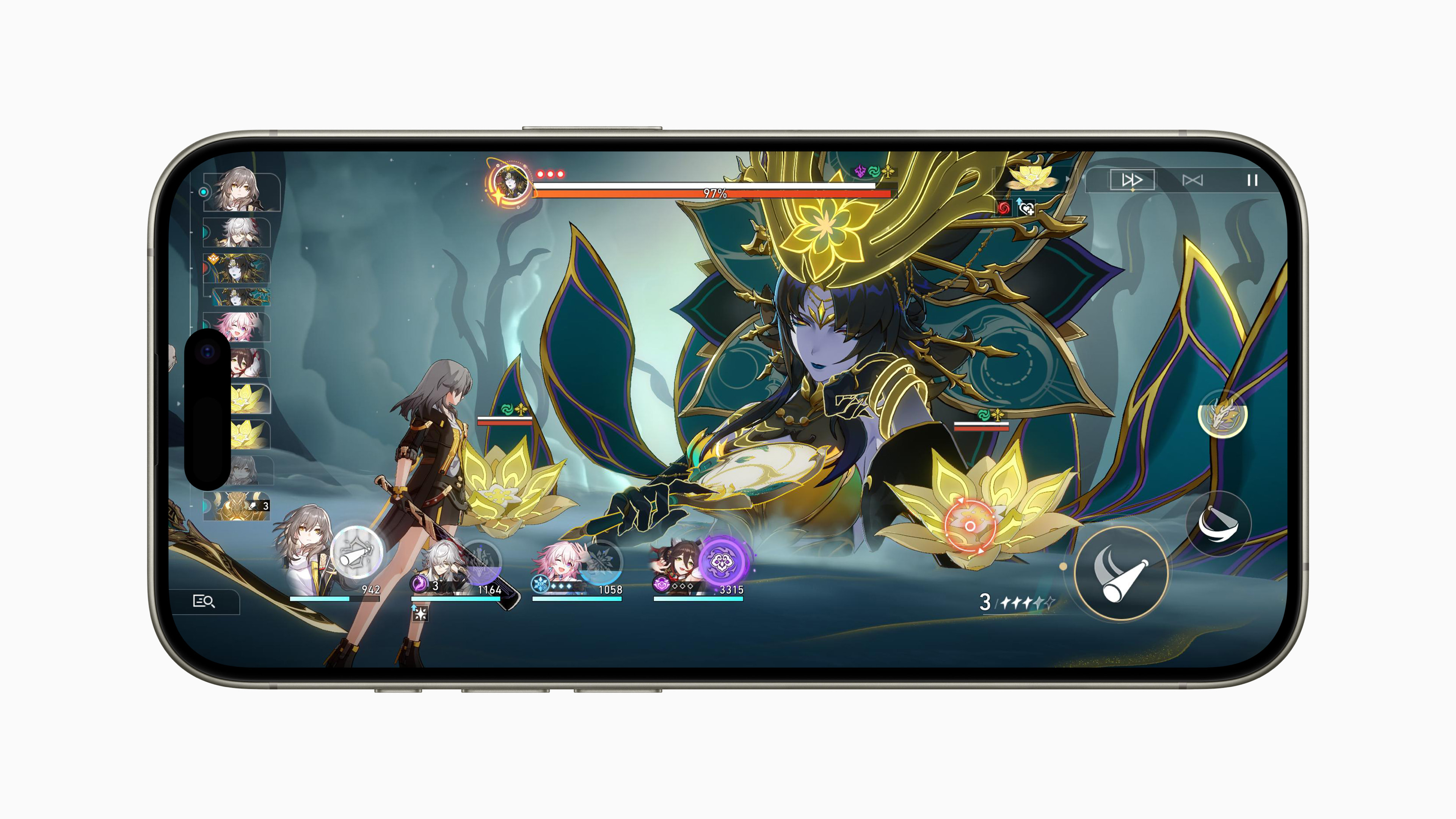


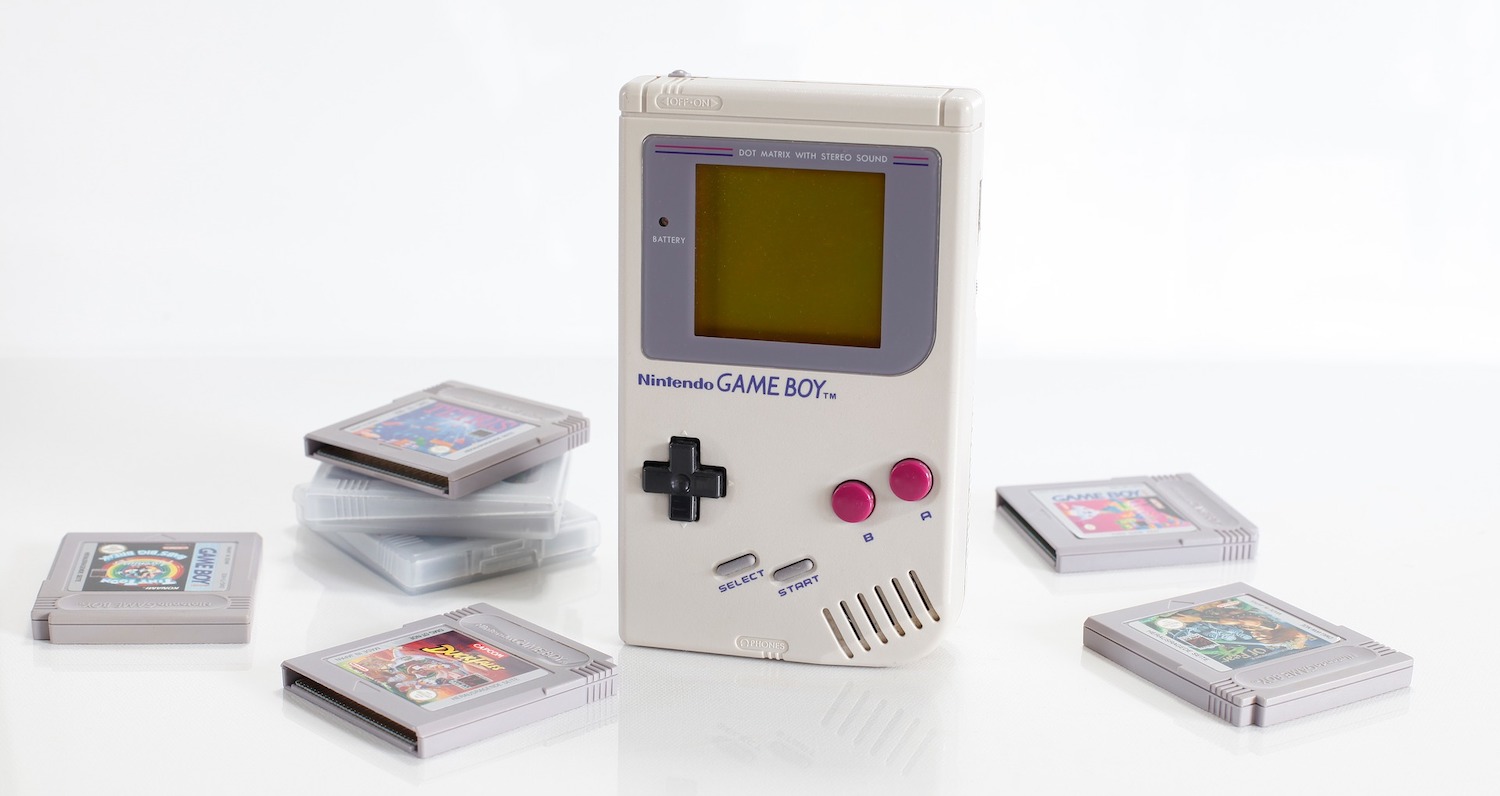
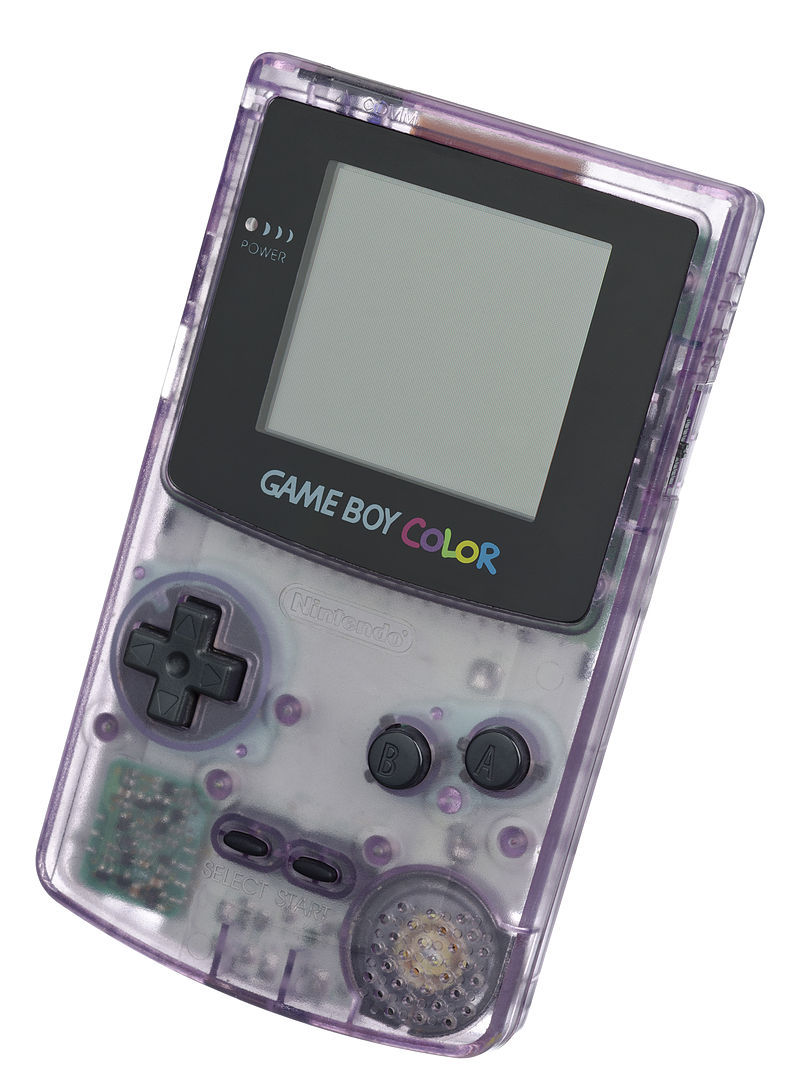
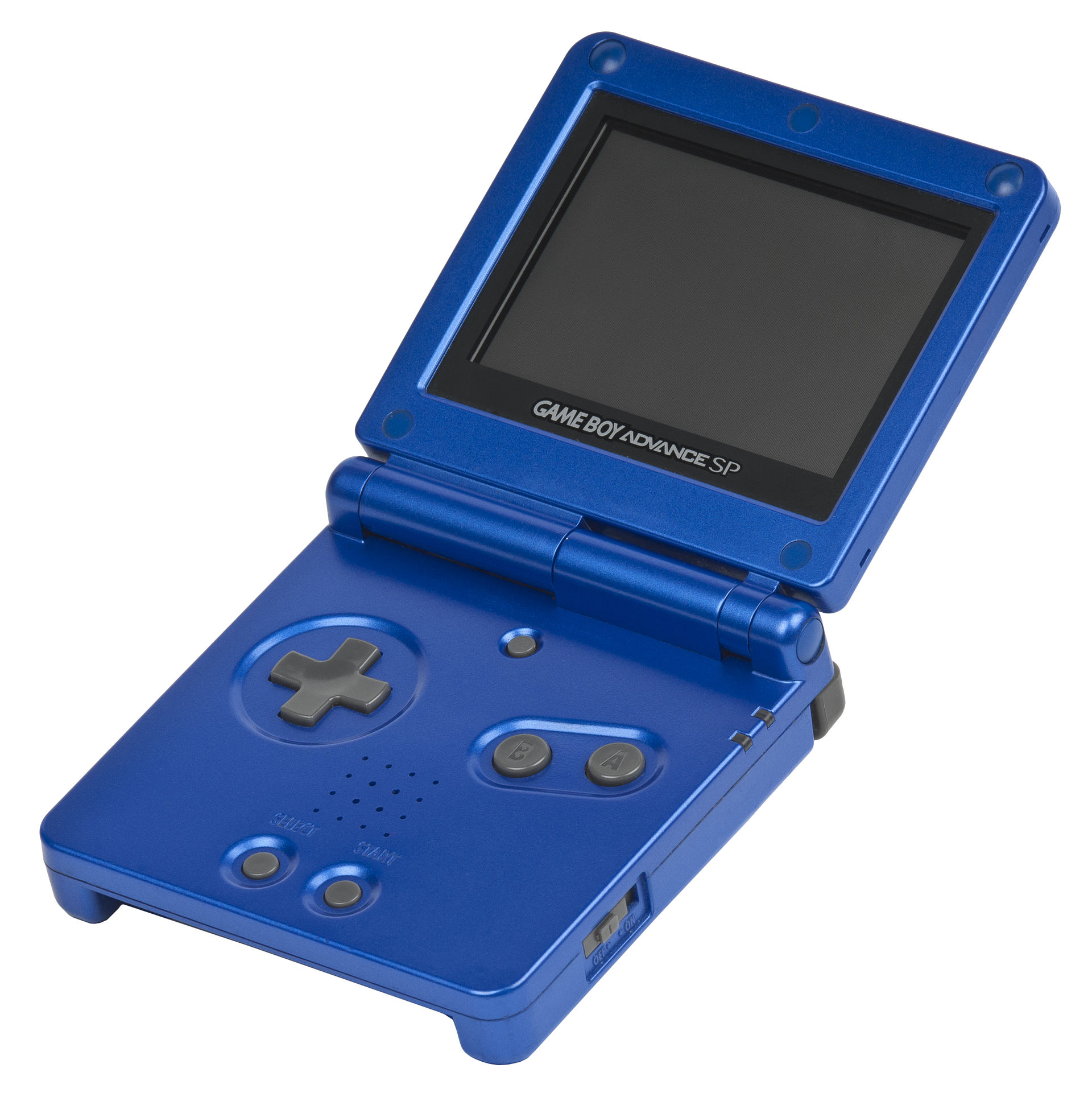
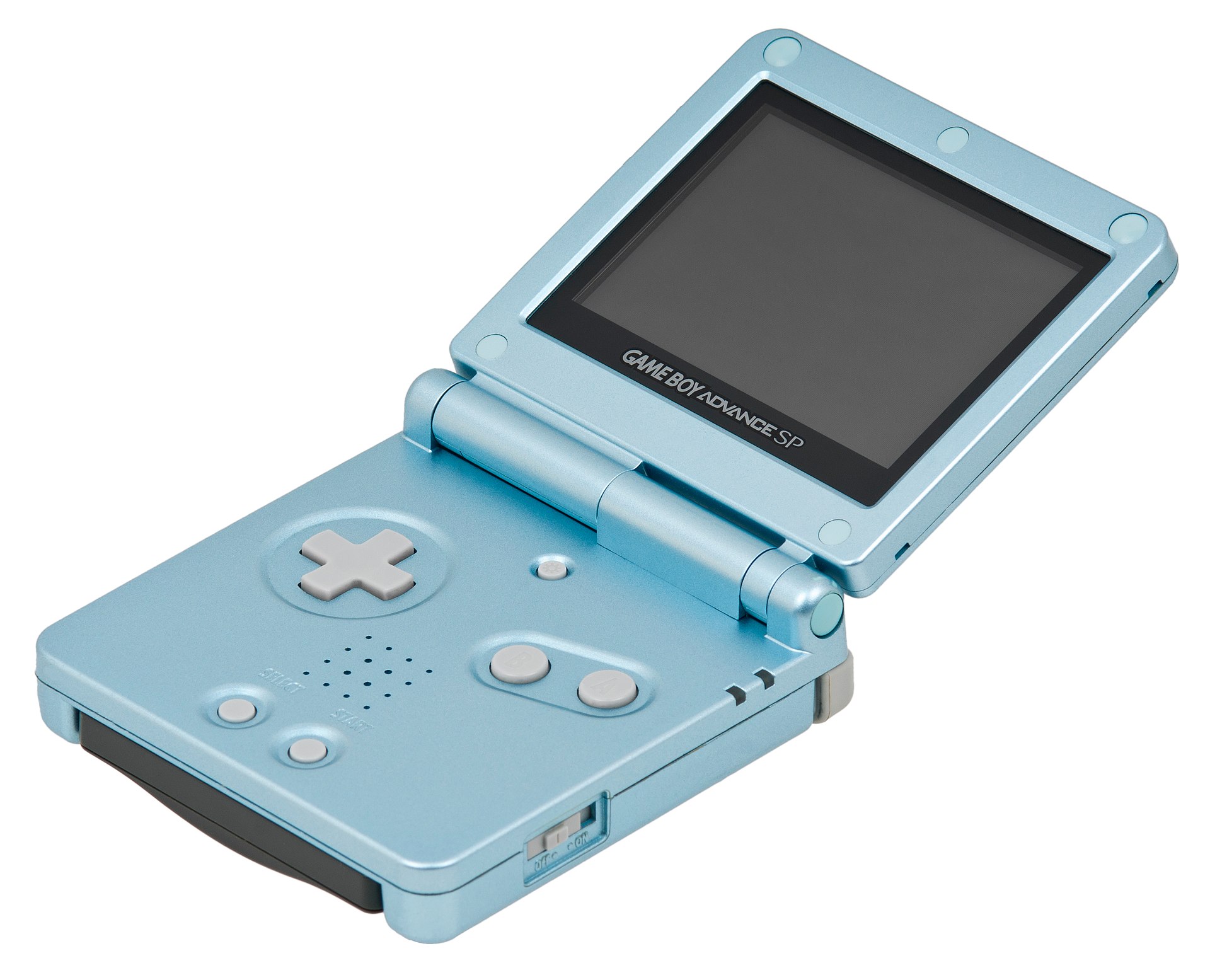
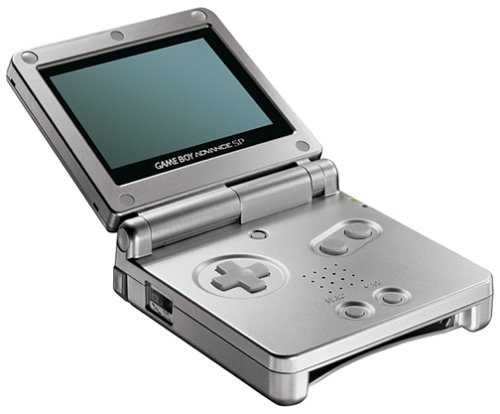
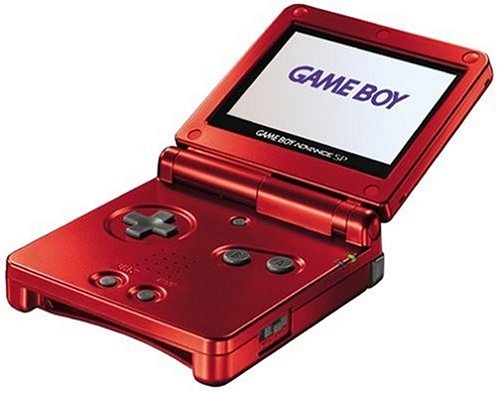
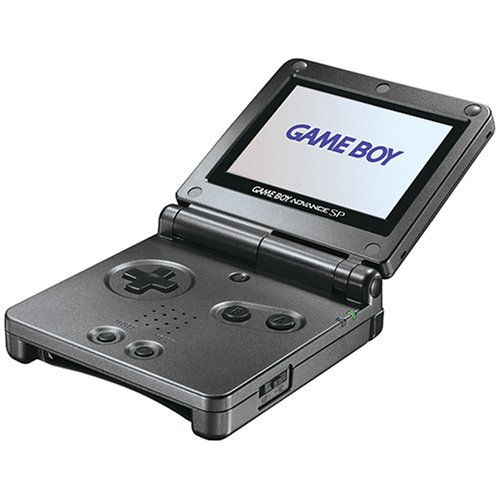
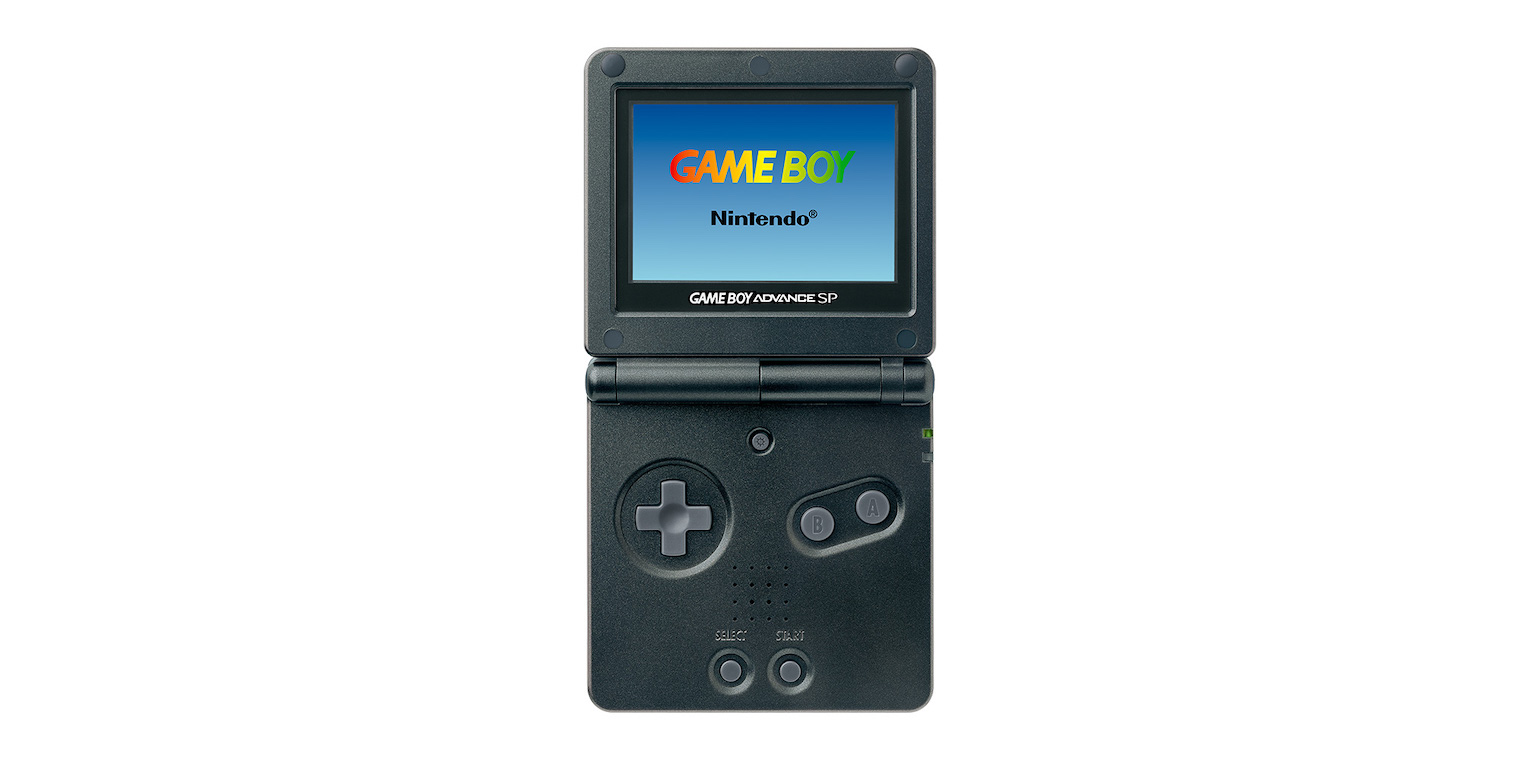

Totally unnecessary thing for me. Just like the alternative market. Nobody cares. Just a bugger of the EU.
I don't see why this should please...
Regulatory dictating to platform creators what features they must or must not have, regardless of whether it is Apple or anyone else, is simply evil....
Who is comfortable with the platform that uses it as the creator created it, who is not comfortable that you lost your home...
Well, the fact that ancient games are often legally locked is an example of excessive copyright and unnecessary criminalization of the user. Already 10-year-old software is slowly becoming historical. The damage is zero, the social danger is zero.